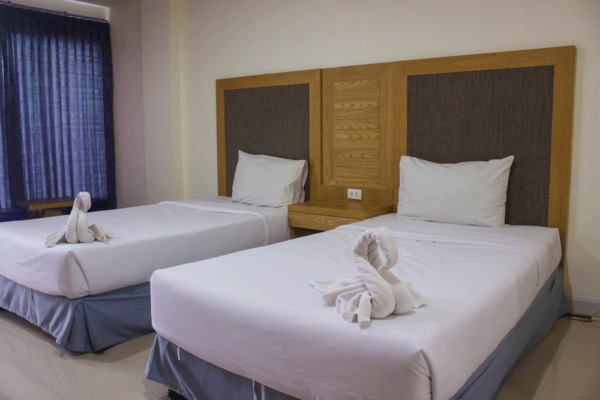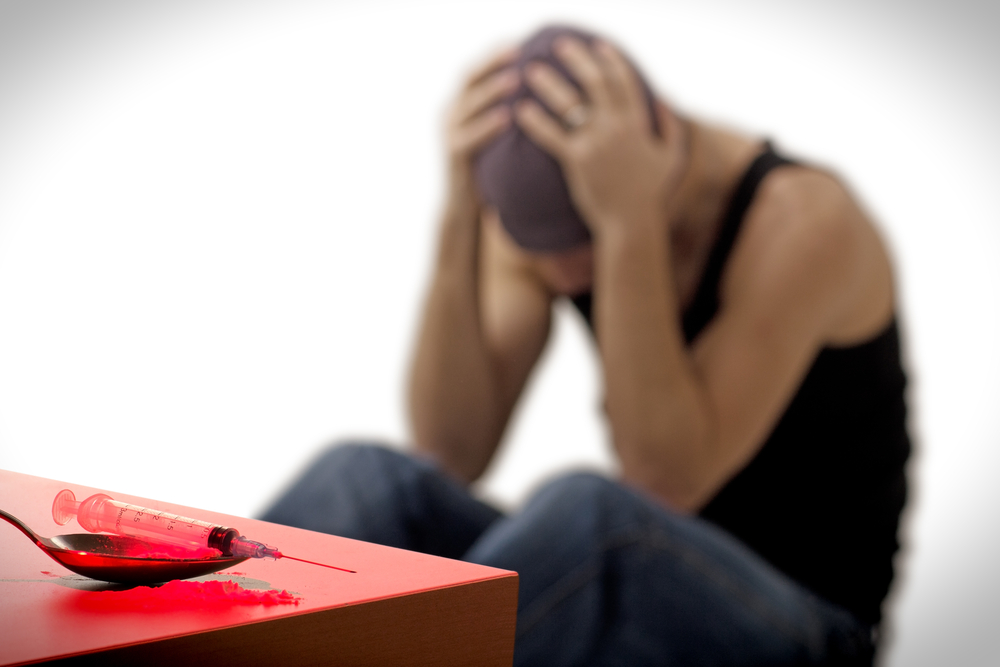Prescription Drug Abuse in Richmond, VA
Prescription drug abuse is a large and growing problem in America, with prescription medications responsible for more overdose deaths than all illegal drugs combined. The vast majority of prescription drugs that are known to cause problems can be classified in one of three classes, each of which presents its own challenges when it comes to diagnosis and treatment. Opiates are the most widely abused class of prescription drugs, followed by sedatives and stimulants. Prescription drug abuse can be treated in many ways, including medical detoxification, inpatient rehab, outpatient rehab, 12-step support groups, and aftercare support programs.
Prescription Drug Abuse Statistics
According to the National Institute on Drug Abuse (NIDA), 52 million adult Americans have abused prescription medications at some point during their life. This huge figure includes 8.76 million people during the past year and 6.1 million people during the past month. The majority of abuse concerned prescription opiates such as oxycodone and morphine, with this drug class represented in 5.1 million cases each year. Sedatives such as Valium and Klonopin were abused by 2.2 million people each year, followed by stimulants with 1.1 million cases of abuse. Despite these large and very worrying statistics, however, there is one figure which really highlights the extensive nature of prescription drug abuse across the United States: While Americans only account for 5 percent of the global population, we consume roughly 75 percent of the world’s supply of prescription drugs.
How are Prescription Drugs Abused?
Prescription drugs can be abused in many ways, with the misuse and overuse of medications known to take many different forms. Common methods of drug abuse include combining medications, using drugs intended for another person, taking larger doses than prescribed, and crushing up pills in order to inject them or snort them for a more potent effect. Generally speaking, prescription medications are abused whenever they are taken in a different way than originally intended by a medical professional. People obtain medications in a range of ways; from friends and family, from doctors, and on the street through the black market. While the vast majority of prescription drugs come through the medical system, an increasing number of opiates and other medications are being mixed with and sold as alternatives to illegal drugs.
Opiate Abuse
Opiates are the most widely abused class of prescription drugs, including natural opiate alkaloids and semi-synthetic opioid compounds. Commonly abused opiates include codeine, morphine, Oxycontin, Vicodin, fentanyl, methadone, and buprenorphine. Opiates are taken medically to relieve pain and abused in a recreational context to induce feelings of euphoria. A medical detox period is typically advised at the outset of opiate treatment, followed by inpatient or outpatient rehab and aftercare support programs.
Sedative Abuse
Sedatives are also known as tranquilizers, including barbiturates and benzodiazepines. Commonly abused benzodiazepine medications include Librium, Serax, Valium, Klonopin, Xanax and many others. These medications are often prescribed for sleep and anxiety disorders, and abused for their sedative and hypnotic qualities. Much like opiates, treatment for sedative addiction includes medical detox followed by rehab and aftercare support programs.
Stimulant Abuse
Stimulants include the ADHD drugs Adderall, Concerta, and Ritalin, with these substances acting much like the illegal drug speed and abused to induce energy and euphoria. Unlike opiates and sedatives, stimulants do not produce physical-somatic withdrawal symptoms upon cessation of use, with users instead experiencing emotional and motivational withdrawal symptoms. While medical intervention is largely ineffective for the treatment of stimulant addictions, behavioral therapy can be successfully applied during rehab and aftercare programs. Let Richmond Drug Treatment Centers be your guide to recovery. Just give us a call today at (804) 510-0877 to begin your journey.


Leave A Comment